Cooking should be enjoyable, not hazardous. A few simple habits can stop burns, cuts, and fires before they happen. Below are the everyday moves that make a big difference.
Never walk away from a hot stove or oven. If you need to leave the kitchen, turn the burner off. Keep pot handles turned inward so they don’t get knocked over. When you’re using a grill or a toaster oven, keep a fire‑proof mat or tray underneath to catch drips.
Check that the exhaust fan works before you start. A clogged fan can trap smoke and heat, making the space uncomfortable and risky. If you notice the fan humming loudly or not pulling air, it might need cleaning – a quick screwdriver and some brush can fix most issues.
Read the manual for any new gadget, even if it looks straightforward. For electric hobs, make sure the element matches the size of the pan – a small pan on a large burner overheats quickly. If an element looks cracked or discolored, replace it before it fails.
When a fridge stops cooling but the light stays on, the problem is often the condenser coils. A vacuum cleaner can clear dust and improve airflow. Same with a dishwasher: a blocked spray arm can cause water to pool, leading to leaks.
Keep knives sharp and store them with blade guards or in a block. A dull blade slips more often and causes cuts. Use a cutting board that stays steady; a damp towel under the board prevents it from sliding.
These fixes are safe for most DIYers, but if you ever smell gas, see sparks, or feel unsure, call a certified professional right away.
By keeping an eye on heat sources, using appliances correctly, and tackling minor problems early, you’ll enjoy cooking without the worry of accidents. Stay safe, stay smart, and let the kitchen be a place of good food, not fire hazards.
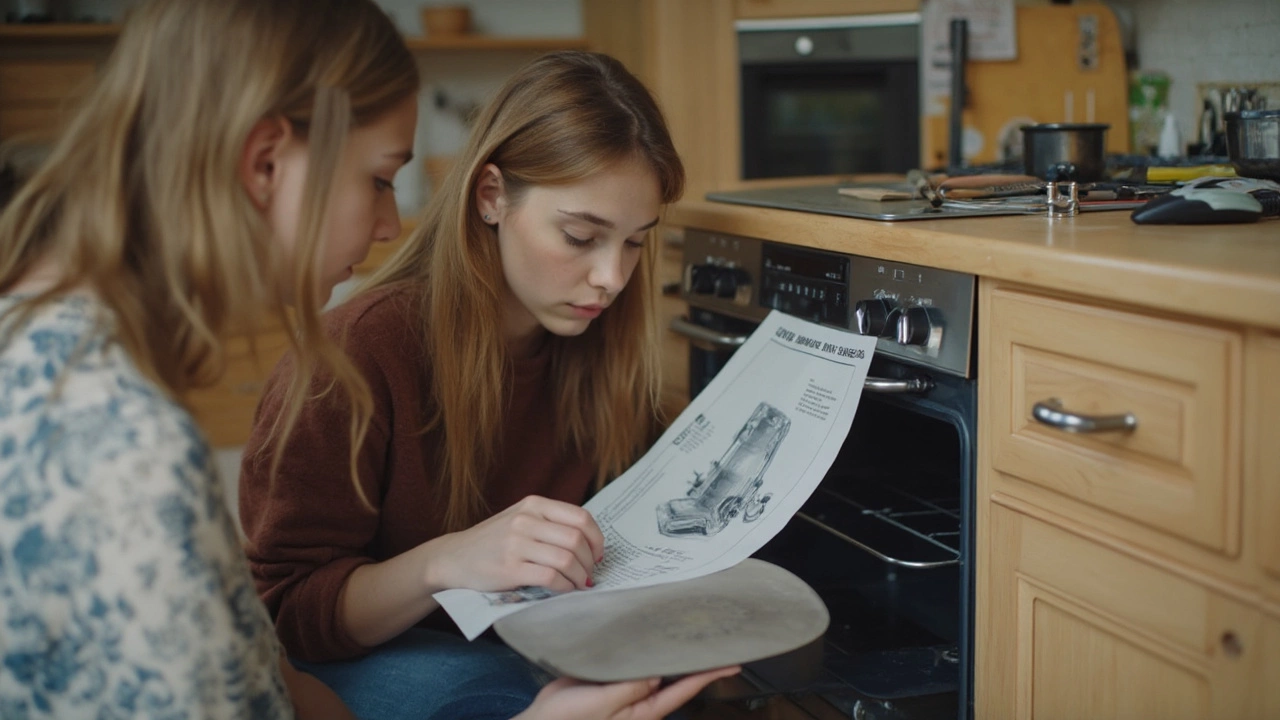
Thinking about replacing your electric oven on your own? This article breaks down what you need to know about doing it yourself— from basic safety to common pitfalls. Learn how tricky the process can get, which tools you might need, and when it's smarter to call a pro. Get tips to save money and avoid kitchen disasters. Designed for anyone who values a good meal and a working oven.

Wondering when to replace your cooker? This article breaks down the real signs that your cooker is on its last legs, what affects its lifespan, and how to keep it running safely for longer. Get practical tips straight from real-life experience and find out how to spot issues before they turn expensive. Whether you use gas or electric, knowing when to repair or replace makes all the difference in your kitchen.
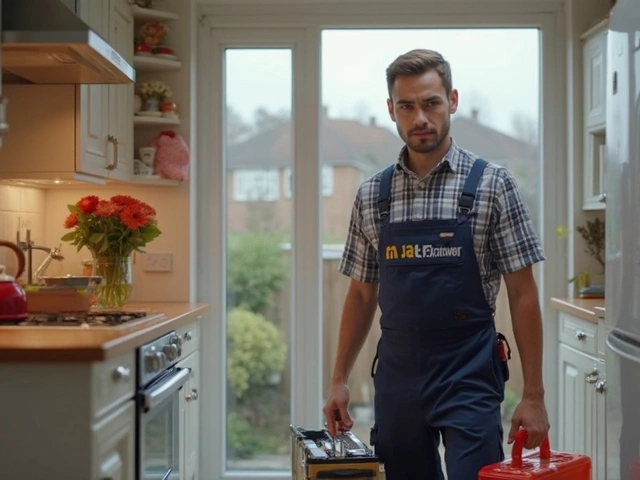
Wondering what an appliance job really is? This article breaks down everything you need to know, from common types of jobs to what actually happens when a technician shows up at your door. You'll learn when to call for help, what to expect during a service visit, and how to get the best results for your money. Get practical tips before you book, so there are zero surprises. Whether it’s your fridge, washer, or oven acting up, this guide has your back.
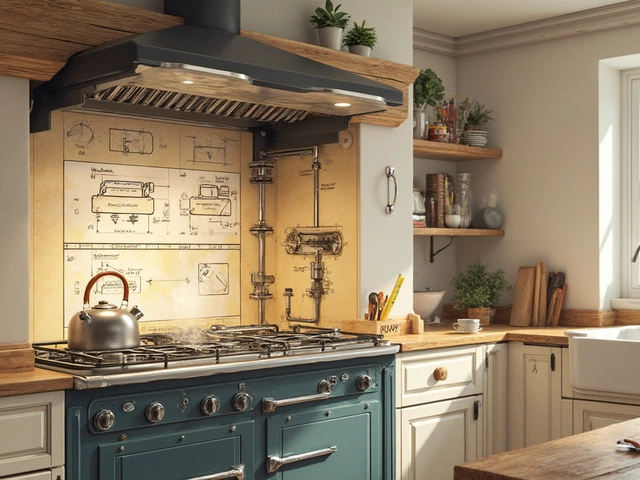
Extractor fans are essential for maintaining good air quality, especially in kitchens and bathrooms. When they stop working, it might be due to electrical, mechanical, or cleanliness issues. Understanding the root causes of fan failures can save you time and money in repairs. Discover common problems, practical tips, and preventive measures to keep your fan spinning efficiently.
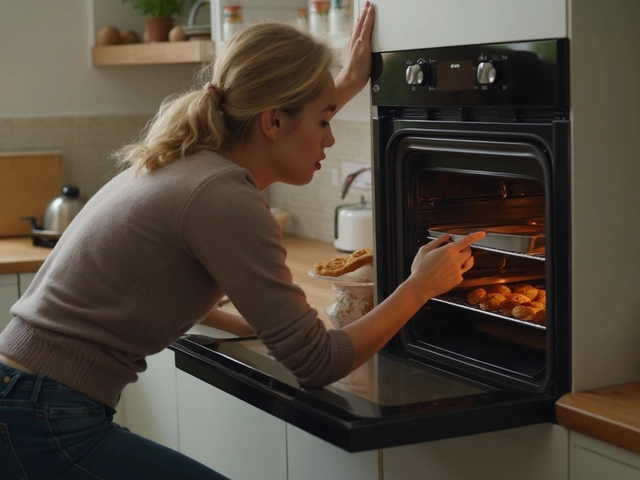
Struggling with an electric oven that isn't doing its job? This article guides you through common problems you might face with your electric oven, from strange noises to uneven cooking. You'll learn specific symptoms to watch for and practical ways to check what's wrong before calling a professional. Discover tips to keep your oven running smoothly and avoid kitchen headaches. No complicated jargon—just real advice that actually works.

This article breaks down what 'appliance for a job' really means in the appliance service world. It explains common misunderstandings and clarifies whether it refers to equipment or applying for work. The piece gives real-world examples, explores the hiring process for technicians, and shares tips for both customers and job seekers. Straightforward info keeps things practical and easy to follow. If you've ever scratched your head at this phrase, you'll finally get the answer here.
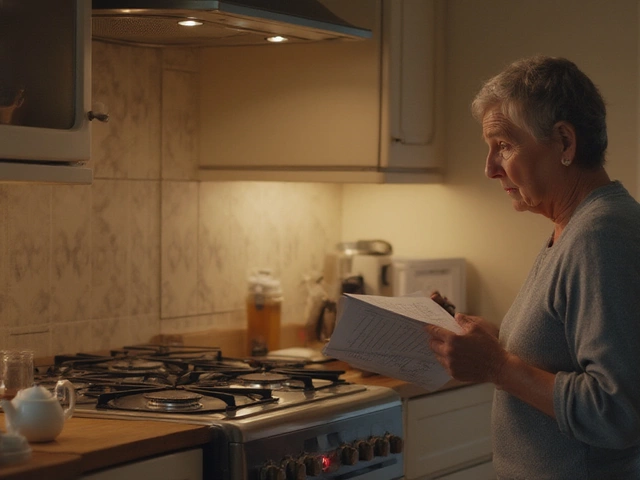
Spotting the two most common electric stove problems can make repairs easier. Learn how to catch signs like faulty burners and control issues with clear, helpful steps.